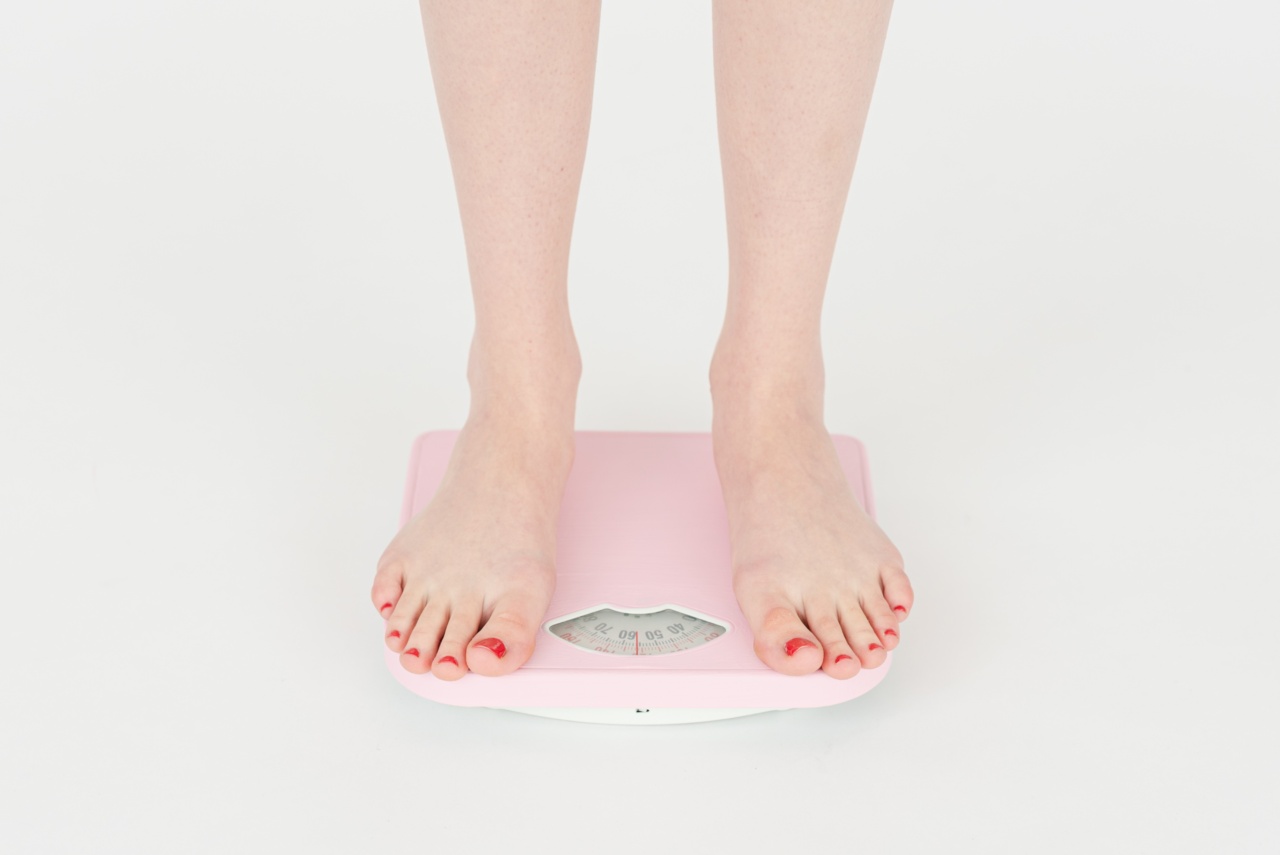There are countless diets out there, each claiming to be the solution to weight loss and a healthier lifestyle. From the trendy juice cleanse to the low-carb keto diet, many people are willing to try anything to shed those extra pounds.
But not all diets are created equal, and some can actually do more harm than good. One diet in particular is gaining popularity and charging a high price tag, but it won’t help you lose weight. In fact, it may even cause weight gain and negative health effects. Welcome to the world of “clean eating.”.
What is Clean Eating?
Clean eating is a diet trend that promotes eating only whole, natural foods and avoiding processed foods and anything with artificial ingredients. It also involves eliminating or greatly reducing the intake of dairy, gluten, and refined sugars.
While this may sound like a healthy and reasonable approach to eating, the problem lies in the extreme nature of the diet and the high cost associated with following it.
The High Cost of Clean Eating
Clean eating can be expensive. In order to follow the diet, you need to buy only organic produce, grass-fed and free-range meats, and other high-end products.
These items often come with a hefty price tag, making it difficult for people with limited budgets to follow the diet. In addition, clean eating requires a significant amount of time and effort to prepare meals and snacks from scratch, as processed foods are off-limits. This can be challenging for people with busy lifestyles or who lack cooking skills.
Is Clean Eating Actually Healthy?
Clean eating may seem like a healthy approach to eating, but it can actually be detrimental to your health. By eliminating entire food groups, such as dairy and grains, you may not be getting all the nutrients your body needs.
This can result in nutrient deficiencies and health problems. In addition, clean eating can lead to disordered eating habits and a negative relationship with food. The strict rules and restrictions can cause individuals to feel guilty or ashamed for eating anything outside of the approved foods list.
The Clean Eating Obsession
Clean eating has become an obsession for some, leading to orthorexia, a condition where an individual becomes overly preoccupied with healthy eating to the point where it interferes with their daily life.
Those with orthorexia may avoid social situations that involve food or become anxious at the thought of eating something outside of their dietary restrictions. This obsession with clean eating can lead to a cycle of guilt, shame, and anxiety surrounding food.
The Myth of Clean Eating and Weight Loss
One of the main reasons people turn to clean eating is for weight loss. However, the idea that clean eating automatically leads to weight loss is a myth.
While consuming whole, natural foods can be beneficial for weight management, the high cost and extreme nature of the diet can actually lead to weight gain. Many clean eating foods are high in calories, such as nuts, avocados, and olive oil. In addition, the strict rules and restrictions of the diet can lead to binge eating or overeating when a person eventually gives in to their cravings.
What Should You Do Instead?
If you’re looking for a way to live a healthier lifestyle and lose weight, there are better approaches than clean eating. Instead of eliminating entire food groups and following strict rules, try to make small, sustainable changes to your diet.
Focus on incorporating more fruits, vegetables, and whole grains into your meals, while still allowing yourself the occasional treat. It’s also important to be mindful of portion sizes and to listen to your body’s hunger and fullness signals.
The Bottom Line
While the idea of clean eating may seem appealing, it’s not a sustainable or healthy approach to eating. The extreme rules and restrictions of the diet can lead to nutrient deficiencies, negative health effects, and disordered eating habits.
In addition, the high cost and time commitment associated with clean eating can make it difficult for many people to follow. Instead, focus on making small, sustainable changes to your diet that you can maintain for the long-term.

























